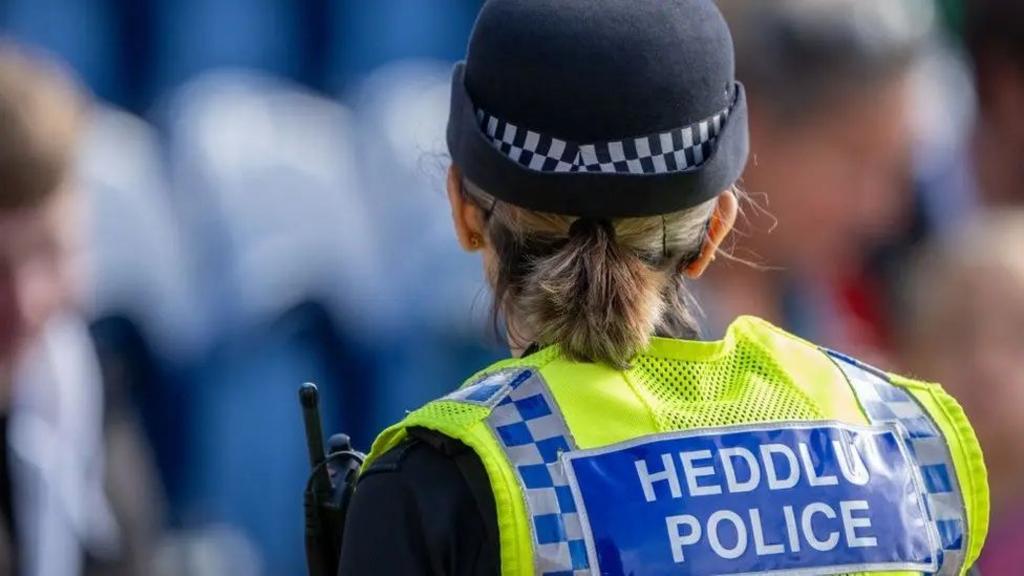The government has announced plans to abolish Police and Crime Commissioners (PCCs) in England and Wales, projecting savings of £100 million over the current parliamentary term.
The Home Secretary described the existing system as a “failed experiment,” citing Home Office data indicating that fewer than 20% of voters can identify their PCC.
The current system comprises 37 elected commissioners, established 12 years ago with the aim of enhancing police accountability. Their core responsibilities include setting annual budgets, appointing chief constables, and formulating policing strategies.
One PCC expressed “deep” disappointment with the decision, while the shadow home secretary accused the government of “tinkering around the edges” while “failing on crime and policing.”
Upon the commissioners’ terms ending in 2028, their responsibilities will be transferred to elected mayors or council leaders.
The Home Office asserts that eliminating the PCC role would free up an additional £20 million annually for investment in front-line policing, sufficient to recruit 320 constables.
Despite the system’s stated objective of increasing police accountability to local communities, its costs and the effectiveness of the commissioners have been subjects of long-standing criticism.
Policing Minister Sarah Jones told the House of Commons on Thursday that the model had “failed to live up to expectations” and “not delivered what it was set up to achieve”.
“Public understanding [of PCCs’ role] remains low despite efforts to raise their profiles,” she added.
Jones said PCCs had sought to provide strong oversight and tackle crime but the model “weakened local police accountability and has had perverse impacts on the recruitment of chief constables.”
Given the absence of elected mayors in Wales, Jones stated that the UK government would “work with the Welsh government…recognising the unique nature of Welsh arrangements”.
Under the proposed changes, crime reduction initiatives would be “considered as part of wider public services,” encompassing education and healthcare. The Home Office affirmed that support services for victims and witnesses, currently provided by PCCs, would be maintained.
Home Secretary Shabana Mahmood stated that the introduction of new reforms would make police accountable to their local mayoralties or councils.
However, shadow home secretary Chris Philp characterized the move as “a tinkering around the edges from a government which is failing on crime and policing.”
He cited increases in crimes such as shoplifting, and warnings from police forces of cuts to front line staffing due to funding shortfalls.
Liberal Democrat home affairs spokesperson Max Wilkinson hailed the announcement as a “huge” victory for the party, which has long advocated for the abolition of PCCs.
However, he cautioned that transferring their powers to mayors “who have dubious democratic mandates and little scrutiny” was not the appropriate way to end the “failed Conservative experiment.”
Emily Spurrell, the PCC for Merseyside and chair of the Association of Police and Crime Commissioners, stated that PCCs were “deeply disappointed by this decision and the lack of engagement with us.”
She maintained that the role had “improved scrutiny and transparency, ensuring policing delivers on the issues that matter most to local communities.”
“Abolishing PCCs now, without any consultation, as policing faces a crisis of public trust and confidence… risks creating a dangerous accountability vacuum,” she said.
The Police Federation of England and Wales welcomed the announcement.
Chairwoman Tiff Lynch said the “tens of millions of pounds” PCCs cost should instead be used to fund the police service “with experienced police officers who can afford to keep doing the job”.
The Home Office has said that the last elections for police and crime commissioners in 2024 cost at least £87m, making up a significant portion of the savings expected by scrapping the 37 roles.
The costs have not yet been finalised, a spokesperson said.
Policing Minister Sarah Jones told the Commons this money would be returned to the Treasury, whereas the cost of running the offices of the commissioners themselves will be retained by the Home Office and invested in policing.
Home Office said this would enable £20m to be reinvested every year during this parliament, enough to fund 320 new police officers.
A councillor says “nothing has changed” and the authority will be continuing to pursue action.
Officials say housing people at the military site will cost about the same as using hotels.
Crowborough residents say they are concerned about potential safety impact in the town.
Chief Constable Paul Sanford says he cannot “crack down” on crime with police presence at hotel.
Broxbourne Borough Council says use of the hotel is putting too much pressure on services.

